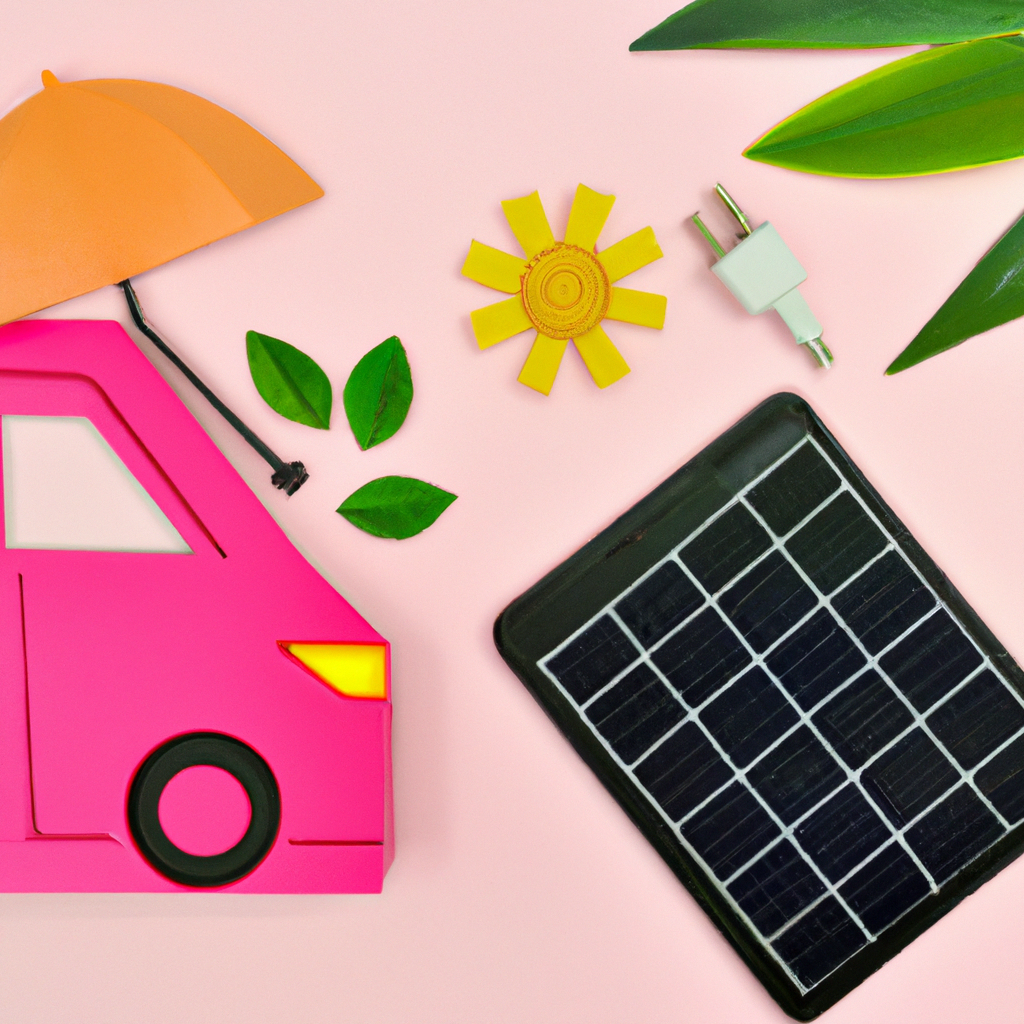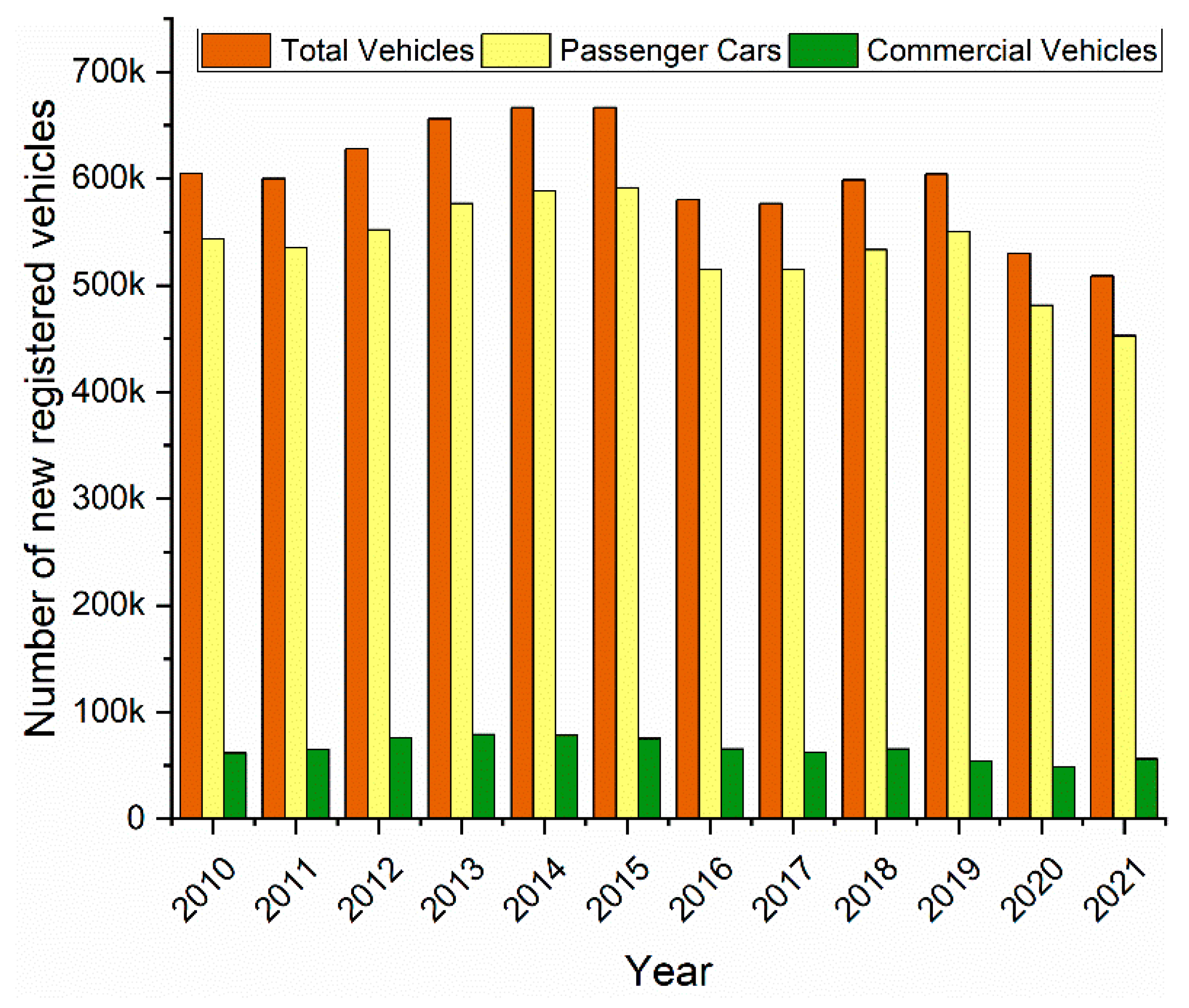Can I Charge My Electric Vehicle At Home Using Solar Panels In Malaysia?
October 24, 2023 | by Jacob Kang

Have you ever wondered if it’s possible to charge your electric vehicle at home using solar panels in Malaysia? Well, you’re in luck, because in this article, we’re going to explore this very topic. We’ll provide you with all the details you need to know, including the feasibility, benefits, and any potential challenges. So if you’re interested in harnessing the power of the sun to charge your electric vehicle, keep reading to find out more!

1. Overview of Electric Vehicles in Malaysia
1.1 Introduction to Electric Vehicles
Electric vehicles, also known as EVs, are vehicles powered by one or more electric motors. These motors are powered by rechargeable batteries, which are usually charged by connecting the vehicle to an external power source. EVs have been gaining popularity worldwide as a cleaner and more sustainable alternative to traditional gasoline and diesel-powered vehicles.
1.2 Growth of Electric Vehicles in Malaysia
In recent years, the adoption of electric vehicles in Malaysia has been steadily increasing. The government has been actively promoting EVs as a means to reduce carbon emissions and dependence on fossil fuels. As a result, there has been a significant increase in the number of EV charging stations across the country, making it more convenient for EV owners to charge their vehicles.
1.3 Benefits of Electric Vehicles
There are several benefits to owning and driving electric vehicles in Malaysia. Firstly, EVs produce zero emissions, which helps to improve air quality and reduce the carbon footprint. Secondly, EVs are generally more energy-efficient than conventional vehicles, resulting in lower fuel costs. Additionally, EVs require less maintenance compared to internal combustion engine vehicles, as they have fewer moving parts and do not require regular oil changes.
2. Solar Energy in Malaysia
2.1 Overview of Solar Energy in Malaysia
Solar energy is a renewable source of energy that is generated from sunlight. Malaysia, being a tropical country, has abundant sunlight throughout the year, making it an ideal location for solar energy generation. Solar panels, also known as photovoltaic (PV) panels, convert sunlight into electricity, which can then be used to power homes, businesses, and even electric vehicles.
2.2 Government Incentives for Solar Energy
The Malaysian government has implemented various incentives and programs to encourage the adoption of solar energy. These include feed-in tariffs, tax exemptions, and grants for the installation of solar panels. These incentives not only promote the use of clean energy but also help individuals and businesses reduce their electricity bills.
2.3 Current State of Solar Energy Adoption
The adoption of solar energy in Malaysia has been growing steadily, with more and more households and businesses opting for solar panel installation. The declining cost of solar panels, coupled with government incentives, has made it more affordable for individuals to invest in solar energy systems. As the technology continues to advance and become more efficient, the potential for solar energy in Malaysia is vast.

3. Charging Electric Vehicles at Home
3.1 Understanding Home Charging Stations
A home charging station, also known as an electric vehicle supply equipment (EVSE), is a device that allows you to charge your electric vehicle at home. It provides a safe and convenient way to recharge your EV without the need to visit a public charging station. Home charging stations come in different configurations and power levels, depending on the vehicle’s charging requirements.
3.2 Types of Home Charging Stations
There are two main types of home charging stations: Level 1 and Level 2. A Level 1 charging station operates at 120 volts and is typically plugged into a standard household outlet. It provides a slower charging speed and is suitable for overnight charging. On the other hand, a Level 2 charging station operates at 240 volts, requires professional installation, and offers faster charging times.
3.3 Installation Process and Considerations
Installing a home charging station requires careful consideration of several factors. Firstly, the electrical infrastructure of your home needs to be evaluated to determine if it can support the additional load of charging an electric vehicle. A licensed electrician should be consulted to ensure a safe and compliant installation. Additionally, the location and accessibility of the charging station should be taken into account for convenience and proper cable management.
4. Integrating Solar Panels with Home Charging
4.1 Benefits of Combining Solar Panels with Home Charging
Combining solar panels with home charging allows EV owners to benefit from clean and renewable energy for their transportation needs. By harnessing solar energy, EV owners can significantly reduce their reliance on the grid and lower their electricity costs. Furthermore, the excess solar energy generated during the day can be stored in battery systems or fed back into the grid, providing additional savings and potentially earning credits.
4.2 Sizing and Capacity Considerations
When integrating solar panels with home charging, it is important to properly size the solar energy system to meet the charging demands of the electric vehicle. Factors such as the size of the vehicle’s battery, daily driving distance, and charging frequency should be taken into account. Additionally, the available roof space and solar potential of the property should be assessed to determine the optimal capacity of the solar panel system.
4.3 Installation Process and Requirements
Installing solar panels for EV charging involves the integration of the solar energy system with the existing electrical infrastructure of the home. This requires the expertise of professionals who can design and install the system in compliance with local regulations and safety standards. Additionally, proper electrical protection, such as surge protectors and grounding systems, should be implemented to safeguard the charging equipment and the property.

5. Cost Considerations
5.1 Estimating the Cost of Home Charging Setup
The cost of setting up a home charging station with solar panels varies depending on various factors, including the size of the solar energy system, the complexity of the installation, and the region’s market conditions. It is recommended to obtain multiple quotes from reputable solar installers to compare the costs and services offered. Additionally, the long-term savings from reduced fuel costs and potential financial incentives should be considered when evaluating the overall cost.
5.2 Financial Incentives and Rebates
In Malaysia, there are various financial incentives and rebates available to support the adoption of solar panels for EV charging. These incentives can include tax incentives, grants, and discounted or subsidized installation costs. It is important to research and take advantage of these programs to offset the upfront investment and accelerate the return on investment.
5.3 Long-Term Savings and Return on Investment
Investing in a solar panel system for EV charging can result in significant long-term savings. By generating your own electricity from solar energy, you reduce or eliminate the need to purchase electricity from the grid. This translates into lower electricity bills and reduced fuel costs for your electric vehicle. Over time, the savings can offset the initial investment, resulting in a positive return on investment.
6. Technical Requirements and Compatibility
6.1 Compatibility of Electric Vehicles with Solar Charging
Electric vehicles are compatible with solar charging systems, as they can be charged using the electricity generated by solar panels. However, it is important to consider the compatibility between the vehicle’s charging capabilities and the capacity of the solar energy system. Some EVs may have specific charging requirements or limitations, and these should be taken into account when designing the solar panel system.
6.2 Battery Capacity and Charging Speed
The battery capacity and charging speed of an electric vehicle are significant factors to consider when integrating solar panels with home charging. A larger battery capacity may require a higher capacity solar energy system to meet the charging needs. Similarly, the charging speed of an EV determines the rate at which the battery can be charged, and a properly sized solar panel system can optimize the charging process.
6.3 Optimizing Energy Usage and Storage
To maximize energy usage and storage, it is advisable to implement energy management and storage systems in conjunction with solar panel installations. These systems can help optimize the utilization of solar energy by storing excess energy for later use, such as during nighttime charging or in the event of cloudy days. Battery storage systems can also provide backup power in case of power outages or grid failures.

7. Ensuring Reliability and Efficiency
7.1 Monitoring and Maintaining Solar Panels and Charging Stations
Regular monitoring and maintenance of solar panels and home charging stations are essential to ensure their reliability and efficiency. This includes inspecting the panels for dirt or debris, checking for any signs of damage, and cleaning them as necessary. The charging station should also be inspected for proper functioning, cleanliness, and cable management. Periodic maintenance by professionals can help identify and address any potential issues before they become major problems.
7.2 Backup Charging Options
While solar panels provide a reliable source of energy for home charging, it is important to have backup charging options in case of unforeseen circumstances. This can include accessing public charging stations, which are becoming more prevalent, or having access to grid electricity as a backup. Hybrid charging solutions that combine solar energy with grid electricity can also provide a seamless and reliable charging experience.
7.3 Dealing with Energy Fluctuations and Limitations
Solar energy generation is subject to fluctuations due to weather conditions, such as cloudy days or reduced sunlight during certain times of the year. To mitigate these limitations, it is important to design the solar panel system with a suitable capacity, taking into account the expected energy generation and the charging needs of the electric vehicle. Additional energy storage systems, such as batteries, can help bridge the gap during periods of low solar energy production.
8. Steps to Install Solar Panels for EV Charging at Home
8.1 Assessing Solar Potential and Requirements
Before installing solar panels, it is crucial to assess the solar potential of your property. Factors such as roof orientation, shading, and available roof space should be evaluated to determine the feasibility of a solar installation. Additionally, the charging requirements of your electric vehicle should be considered to ensure the solar panel system can meet your charging needs.
8.2 Choosing the Right Solar Panel System
Selecting the right solar panel system involves considering factors such as the efficiency and performance of the panels, the warranty provided by the manufacturer, and the reputation of the installer. It is recommended to obtain quotations and conduct thorough research to make an informed decision. Working with reputable solar installers can help ensure a high-quality and reliable installation.
8.3 Engaging Professional Installation Services
Solar panel installations should always be carried out by certified and experienced professionals. Engaging professional installation services ensures compliance with local regulations, safety standards, and best practices. It also provides access to expert advice and ongoing support throughout the installation process and beyond. By working with professionals, you can have peace of mind knowing that your solar panel system for EV charging is installed correctly and efficiently.

9. Government Initiatives and Support
9.1 Government Programs for Renewable Energy
The Malaysian government has implemented various programs and initiatives to promote the adoption of renewable energy, including solar energy. These programs aim to accelerate the transition to clean energy sources and reduce the country’s carbon emissions. By participating in these programs, individuals and businesses can take advantage of financial incentives, grants, and technical support offered by the government.
9.2 Incentives and Subsidies for Solar Installations
In addition to government programs, there are other incentives and subsidies available to support the installation of solar panels for EV charging. These can include tax incentives, capital allowances, and grants from renewable energy funds. It is advisable to explore these incentives and subsidies to reduce the upfront costs and make the investment in solar energy more financially viable.
9.3 Future Plans and Targets
The Malaysian government has set ambitious targets for renewable energy adoption, including solar energy. These targets aim to increase the share of renewable energy in the country’s energy mix and reduce dependence on non-renewable sources. The government’s commitment to sustainable energy practices indicates a positive outlook for the future of solar energy and EV charging infrastructure in Malaysia.
10. Conclusion
The combination of electric vehicles and solar panels offers a sustainable and efficient solution for powering transportation in Malaysia. The growth of electric vehicles and the availability of solar energy make it an opportune time to consider home charging stations powered by solar panels. By integrating solar panels with home charging, EV owners can enjoy clean and cost-effective transportation while contributing to a greener and more sustainable future. With the government’s support and various incentives available, the transition to solar-powered EV charging in Malaysia is becoming increasingly feasible and beneficial.
RELATED POSTS
View all


